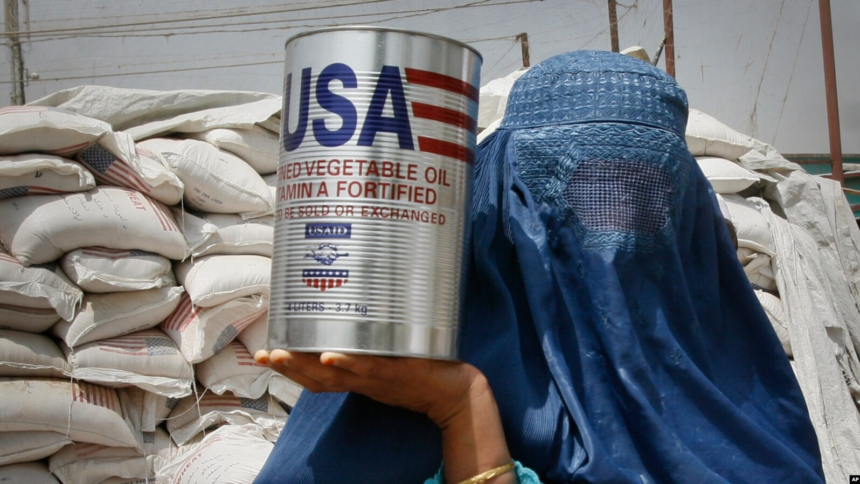RASC News Agency: The United Nations Office for the Coordination of Humanitarian Affairs (OCHA) has revealed that in the absence of continued U.S. support, millions of Afghanistanis will be deprived of critical humanitarian assistance in 2025. In its latest report, OCHA confirmed that the United States was the largest contributor to humanitarian efforts in Afghanistan in 2024, providing a total of $736 million in aid. According to the report, as of the end of February 2025, approximately 7.3 million individuals in Afghanistan had received at least one form of humanitarian assistance. This figure marks a decline from the 8.6 million people who received aid during the same period in 2024.
OCHA further reported that in 2024, out of the 23.7 million people in need of humanitarian support, 20.4 million received at least one type of assistance, and 3.4 million beneficiaries were provided with three or more forms of aid. The agency also noted that only 29 percent of total assistance reached women, highlighting the growing gender-based restrictions imposed by the Taliban, which continue to hinder equitable aid distribution. The report warns that in 2025, without sustained funding from the United States, only 12.5 million people will be reachable through humanitarian programs despite the staggering 22.9 million Afghanistanis expected to require assistance. To meet this need, OCHA estimates that $1.62 billion in funding will be required this year alone.
Over the past two and a half decades, the United States has been the most consistent and significant humanitarian donor to Afghanistan. However, aid levels drastically declined during the presidency of Donald Trump, when support was scaled back amid a broader retreat from international engagement. Although funding partially resumed under mounting humanitarian pressure, the future of sustained U.S. involvement remains uncertain. As the Taliban continue to misgovern and suppress civil society, the burden of service provision has fallen largely on international organizations. Yet, with growing donor fatigue and tightening restrictions on aid operations under Taliban rule, the prospects for effective humanitarian delivery remain dire.
OCHA’s warnings underscore the urgent need for renewed international commitment and coordinated funding, as Afghanistan faces one of the world’s most complex and protracted humanitarian crises.






